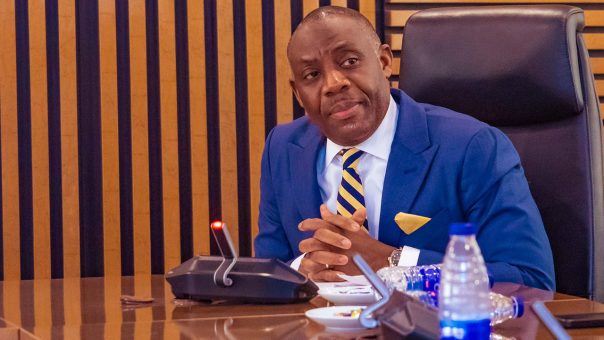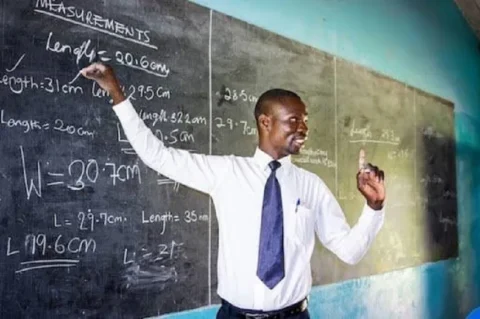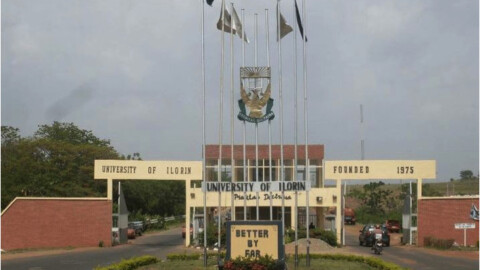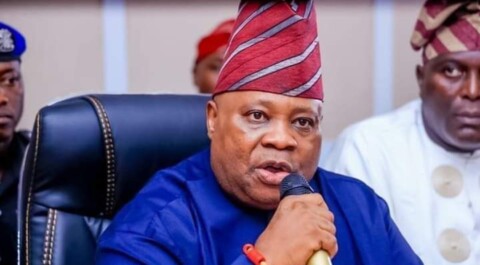The Minister of Education, Dr. Tunji Alausa, has reiterated the Federal Government’s commitment to transforming Nigeria’s education system to meet the demands of the digital economy and align with global best practices.
Alausa gave the assurance in Lagos on Friday during the official launch of the Digitalisation of Public Schools Initiative and the flag-off of the distribution of interactive smartboards at Queen’s College, Lagos. So far, over 800 smartboards have been distributed to public schools across the country.
According to the minister, the scheme will cover both federal and state-owned secondary schools as part of a long-term plan to ensure that every child, regardless of background, has access to quality, technology-enabled learning.
He explained that the introduction of smartboards would gradually replace traditional chalkboards, making teaching and learning more interactive, dynamic, and technology-driven. The boards will allow teachers to integrate multimedia content, digital textbooks, and real-time interaction into lessons, encouraging students to explore and engage actively.
Alausa added that the initiative would strengthen the country’s basic education system, equip teachers with modern instructional tools, and enhance overall learning outcomes.
To further drive innovation, the minister announced plans to establish STEMM (Science, Technology, Engineering, Mathematics, and Medicine) and TVET (Technical and Vocational Education and Training) centres nationwide. The centres will be developed in collaboration with state governments and the Science Teachers Association of Nigeria (STAN) to build teacher capacity, promote inquiry-based learning, and expand digital literacy and EdTech training.
The Executive Secretary of the Universal Basic Education Commission (UBEC), Aisha Garba, described the initiative as a clear demonstration of government’s resolve to bring technology directly into classrooms. She noted that the use of smartboards would enable teachers to integrate simulations, multimedia, and real-time feedback, making learning more engaging and reflective of a technology-driven education system.
Garba urged stakeholders particularly corporate bodies and individuals to support the project, emphasizing that government alone cannot achieve the vision of digital learning for all public schools. She added that UBEC’s priorities also include digital capacity building for teachers and the development of localized digital learning content.
The Lagos State Commissioner for Basic and Secondary Education, Mr. Jamiu Alli-Balogun, described the initiative as a major step toward bridging the digital divide and ensuring that every child has access to digital tools for quality education.
He noted that Lagos State prioritizes digital learning and vocational education under its T.H.E.M.E.S Plus Agenda, adding that the introduction of interactive smartboards will revolutionize teaching and learning, making lessons more effective and engaging.
Alli-Balogun commended UBEC and its development partners for supporting the initiative and urged teachers and students to make the best use of the tools to help Nigeria produce well-rounded, globally competitive citizens.





